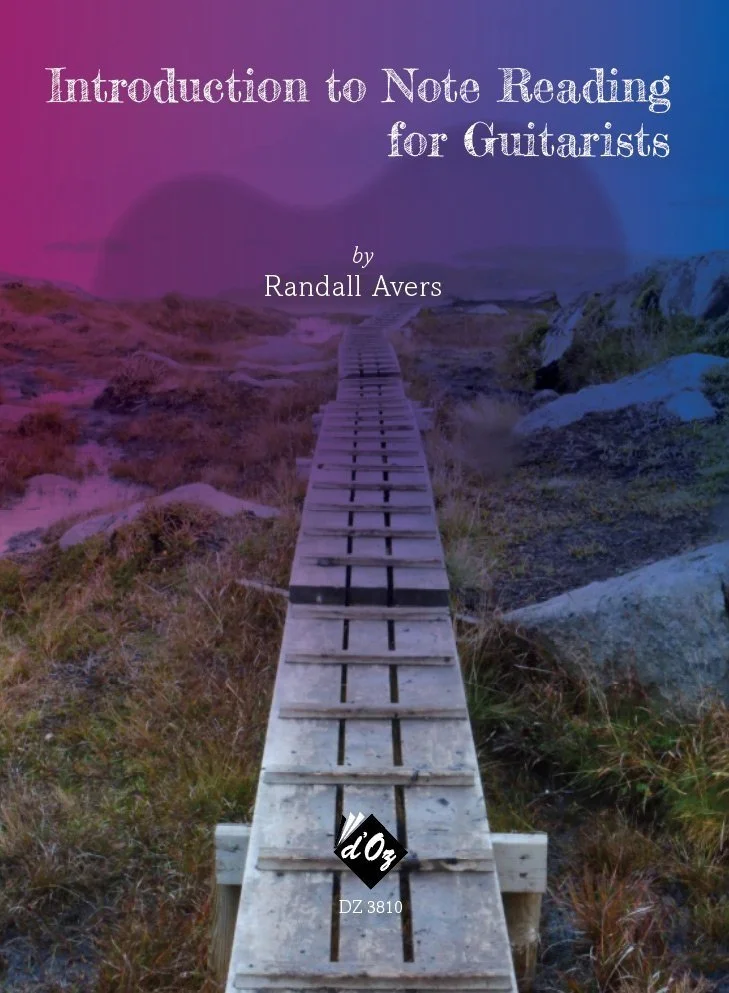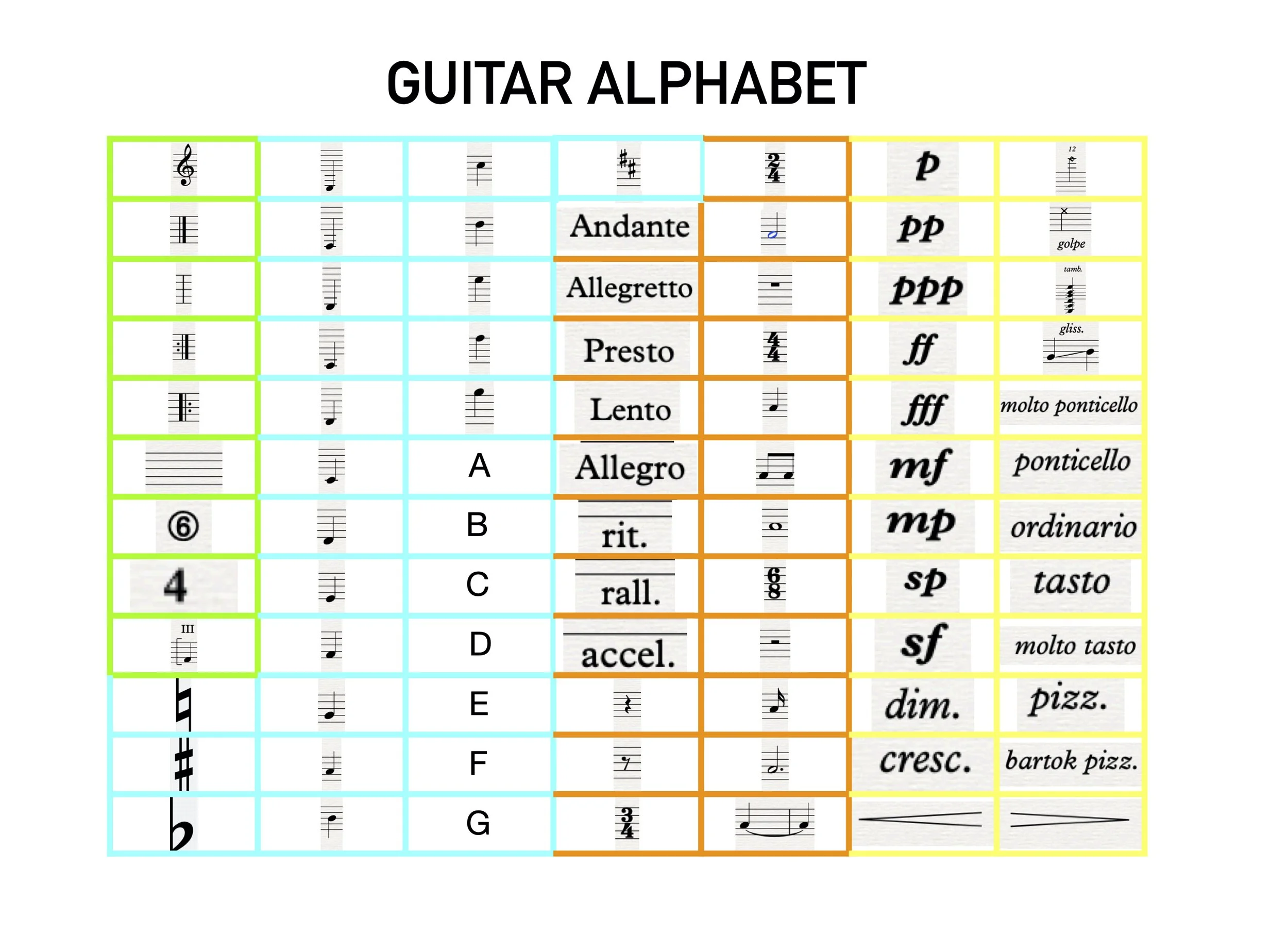Take a one minute tour of this new book
Understanding the “4th grade slump”
Are you reading, or are you memorising? Literacy is a fundamental skill that has an umbrella effect on every school subject and effects our everyday lives. Researchers have focused their attention on the 4th grade when students tend to separate into groups: those who read well and those who struggle. Why the 4th grade? This is when compensatory reading strategies begin to fall apart - the content exceeds the ability to memorise. In other words, a student could have memorised the shape of a word, or attached a meaning in another way, only to come to a point where that means of categorisation becomes too taxing for the memory. Fortunately, this is often avoided through fundamental instruction and materials. Students that have learned how to understand literacy from “part to whole” using an explicit/direct teaching model have a greater chance of succeeding. This method is phonics. We understand the symbol and learn to reproduce the sound it signifies fluently. We add parts to the parts in a systematic way (as explained in the following video).
Is there a formalised “phonics” for note reading? Yes and no. There are vast explicit materials, but largely unformalised. The book “Introduction to Note Reading for Guitarists” proposes explicit systematic teaching materials specifically for guitarists who wish to develop fluent reading skills in music notation. It uses phonics techniques and principles to explore “guitar notation” from the ground up.
Is there a guitar notation alphabet? What is the difference between explicit and implicit reading materials? What should we practice so that we can become better readers?

